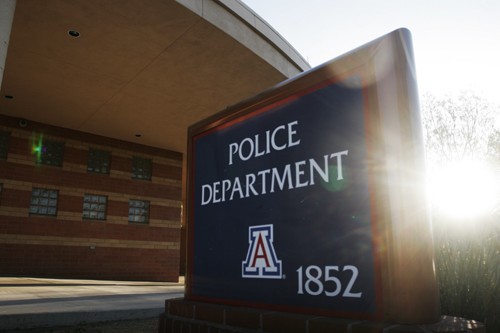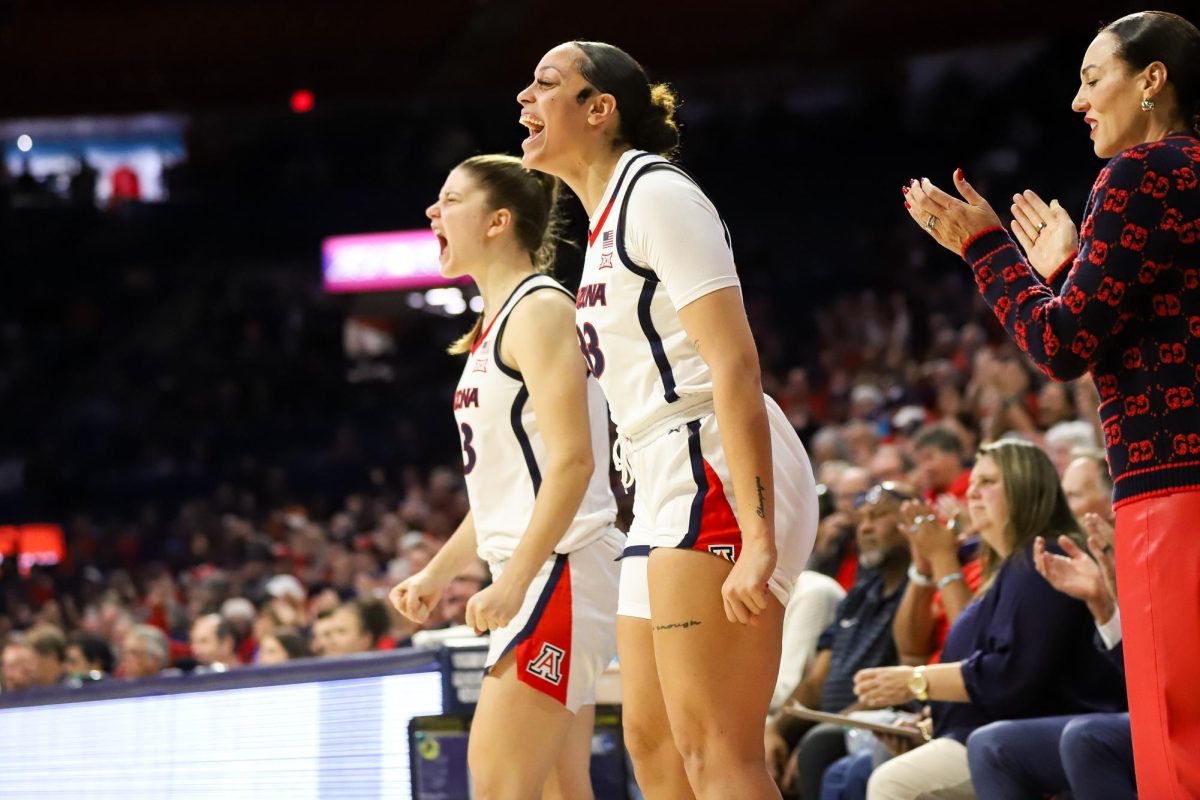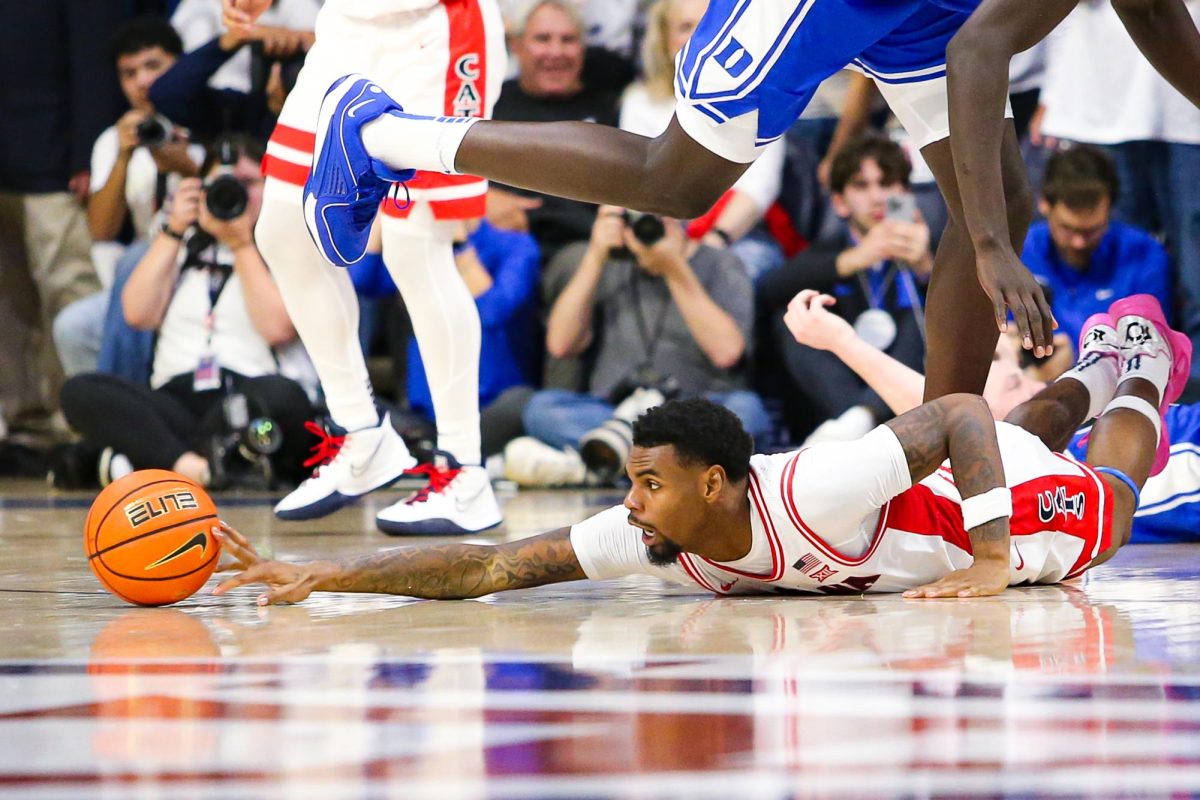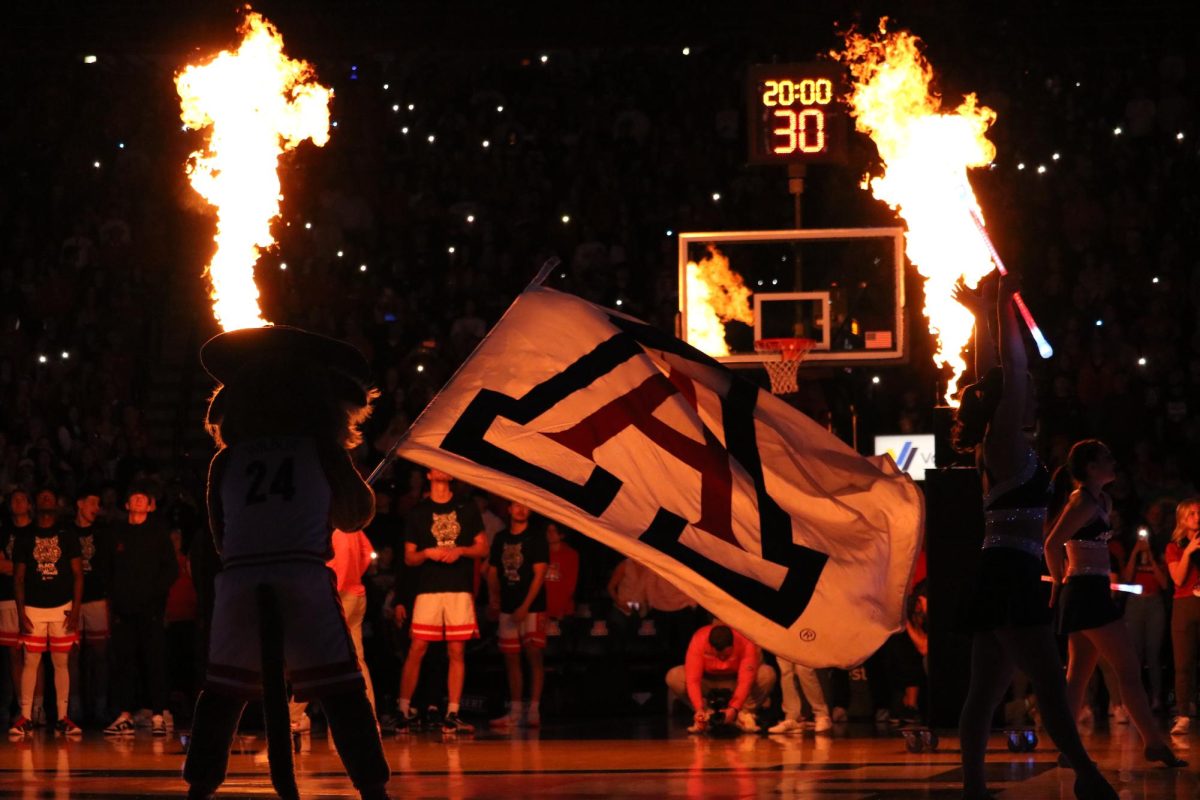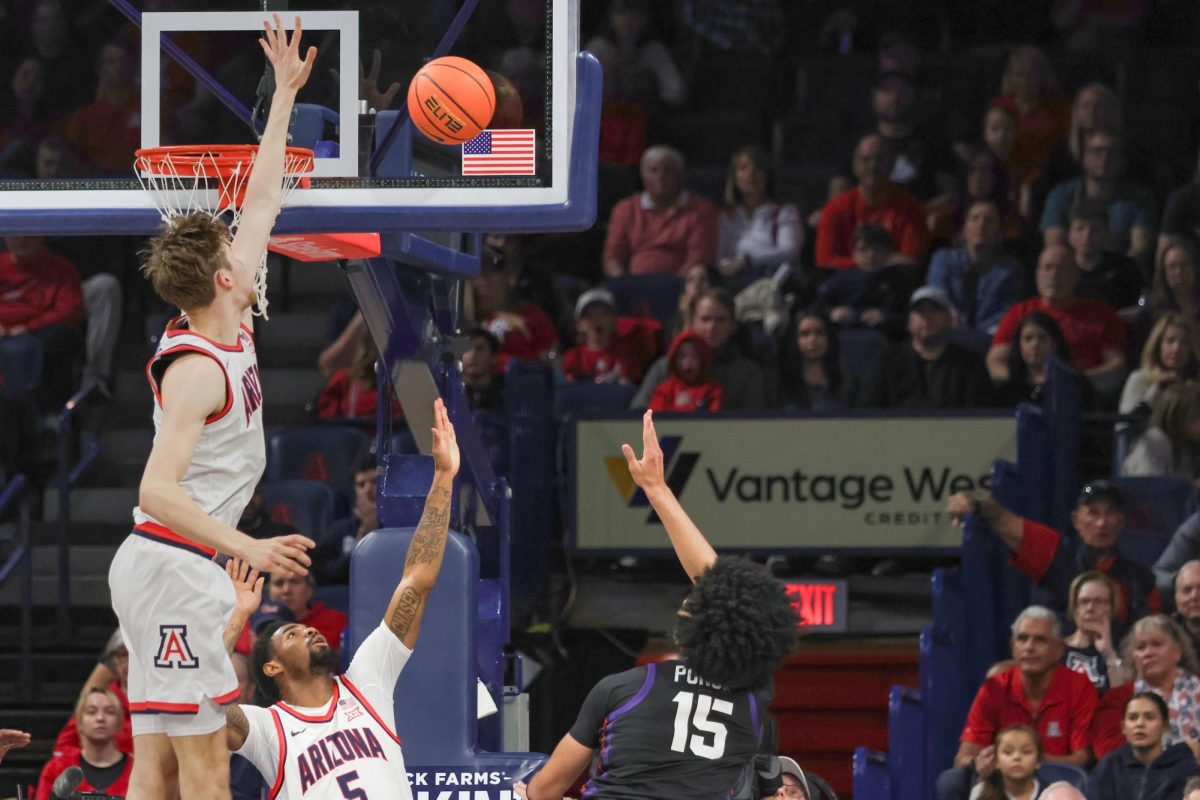The October 2022 shooting of professor Thomas Meixner sparked a critical period of reform and introspection for the University of Arizona’s leadership, leading to both independent and faculty-led reviews of the university and its police force.
Former University of Arizona Police Department Chief Paula Balafas resigned in the wake of these efforts with Christopher Olson stepping in as interim chief at the conclusion of the 2023 spring semester.
On Dec. 8, the Office of Public Safety’s Interim Vice President and Chief Safety Officer Chair Steven Patterson announced the appointment of Christopher Olson as Assistant Vice President and Chief of Police.
In an interview with the Daily Wildcat, Chief Olson introduced his comprehensive vision for campus safety. Olson’s vision draws on his 31 years of experience in law enforcement; both in service to UAPD and, most recently, to Oro Valley as the commander of their Field Services Division.
Primarily, Chief Olson emphasized that students who are already grappling with the inherent stress of college life should not shoulder the additional burden of crime.
“Going to college is stressful. [Students are] going to class, some folks are working jobs and navigating life at a young age. Being a victim of a crime on top of that — it shouldn’t happen,” Olson said.
Olson acknowledged the nuanced landscape he faces as he assumes the role and recognizes the need to rebuild community trust, especially amongst marginalized groups.
“We are a trustworthy organization. I want to be clear about that. We have got incredible men and women out there that really care about this community, but I also understand the general feelings, not only about UAPD, but about law enforcement across this country. Each day, law enforcement has to demonstrate their trustworthiness,” Olson said.
Olson noted that he does not expect this trust to be built instantaneously.
In his time as interim chief, Olson implemented multiple structural changes to UAPD. One notable change was the spearheading of a Blue Envelope Program aimed towards better accommodating individuals with autism spectrum disorders at traffic stops.
The program allows individuals with autism spectrum disorders to carry a blue envelope in their vehicles, containing instructions for police officers on how to provide appropriate accommodations.
“If [officers] see anything from the driver that they would have mistaken for suspicious, they’ll know that is related to the disorder,” Olson said. “This is a better way for the driver and law enforcement to communicate more effectively. We don’t want to drag people out of cars because [officers] misunderstood the situation.”
Olson described the program as “the first step in building better engagement with our disability community as [UAPD] works towards better engaging with folks with other types of neurodivergent disabilities.”
Additionally, Olson is working to enhance transparency and accountability at UAPD, promoting a whole-community policing approach. Under his leadership, a partnership with the Daily Wildcat has been formed to facilitate information sharing, offering new access points like weekly crime reports and interactions with UAPD officials.
The upcoming semester will see a revitalized police beat, fostering increased communication between UAPD and the student population.
“I want the student population to keep an open mind that we are trustworthy and that every day we will work to earn that trust. At times that we don’t, we are going to hold ourselves accountable for it and call it out,” Olson said. “We are best when our community is partnered with us.”
In line with these efforts, UAPD will also hold a 10-week Community Academy in the upcoming semester dedicated to educating community members about the structure and operations of UAPD and receiving community feedback.
The Daily Wildcat will be invited to observe and report on the lessons and Olson hopes to expand the academy’s capacity — which he said is currently limited to 50 — in the future.
“I want the community to understand how UAPD operates. Full transparency. Then, I want feedback on how we can do things better,” Olson said.



